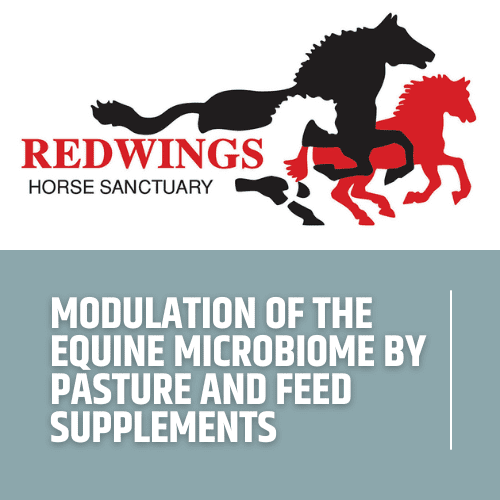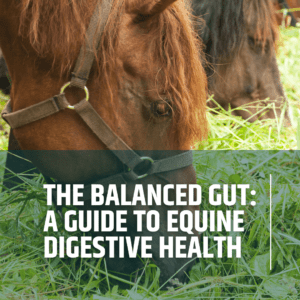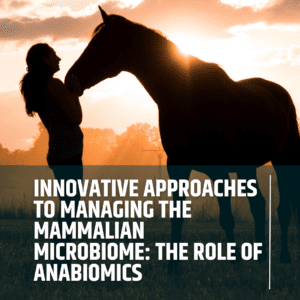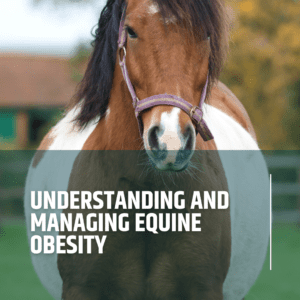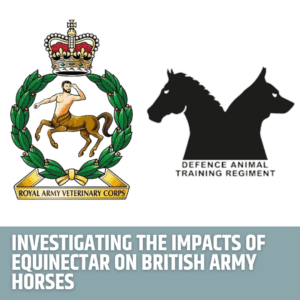Introduction by Dr Rosemary Waring
We conducted this study at Redwings Horse Sanctuary. The study was designed to look at the effect on the equine microbiome of pasturing horses on new grass and to determine whether supplementation with an enzyme-rich malt extract (commercially available as EquiNectar) would alter the result. Horses transferred to pasture with new grass are more susceptible to laminitis. This is thought to be at least partly due to changes in the gut microbiome which is very sensitive to alterations in the diet.
New grass contains fructans, long chain polymers of fructose, and these are not readily metabolised by enzymes in the upper gut. Instead, fructans are used by some of the hindgut bacteria to provide energy. This results in a proliferation of bacteria which generate toxic compounds that make the gut wall more permeable. As EquiNectar contains a range of enzymes including fructanases, which break down fructans, it would in theory reduce possible effects from eating new grass. In the study, 45 horses, which were all ex-leisure horses, were split into 2 groups, controls (C, 21) and treated (D, 24). Faecal samples were collected and the volatile metabolites, derived from the gut microbiomes, were determined. The 2 groups were not significantly different from each other at the start of the experiment. After 6 weeks, the results for C and D groups were different both from each other and from the findings at the start of the experiment. This showed that feeding horses on new grass does, as had been suspected, alter the gut microbiome.
The volatile metabolite profile from group D was different from that in group C, showing that the enzymes in ERME had broken down the carbohydrate polymers in the new grass diet. In addition, the metabolites from group D were more similar to those from the start of the experiment than those of group C, where wider variation was found. This showed that supplementation with EquiNectar reduced the effects of a change in the diet. As altering the diet is a known risk factor for equine gastric problems, including colic, EquiNectar may help in stabilising the gut microbiome and so reduce dysfunction.
Abstract
Faecal VOCs (volatile organic compounds) were compared in horses and ponies before and after 6 weeks on Spring pasture and with and without a dietary supplement (ERME). Te supplement was derived from malted barley and contained enzymes which degrade complex carbohydrates, including amylase, maltase, glucanases and fructanases. VOCs of faecal samples were analysed by selected ion flow tube mass spectrometry (SIFT-MS) and the results showed that the faecal microbiome was altered in different ways both by feeding on Spring pasture and by the dietary supplement. The composition of the equine gut microbiome (EGM) is therefore potentially a refection of dietary constituents, both pasture and supplements; any metabolomic approach should take this into account since the EGM may have modulating effects on physiological parameters such as diabetes and obesity.

